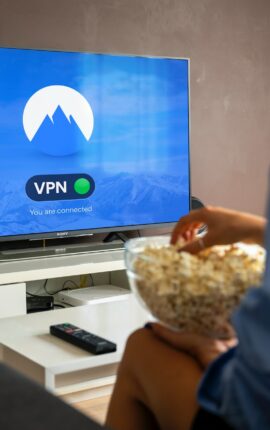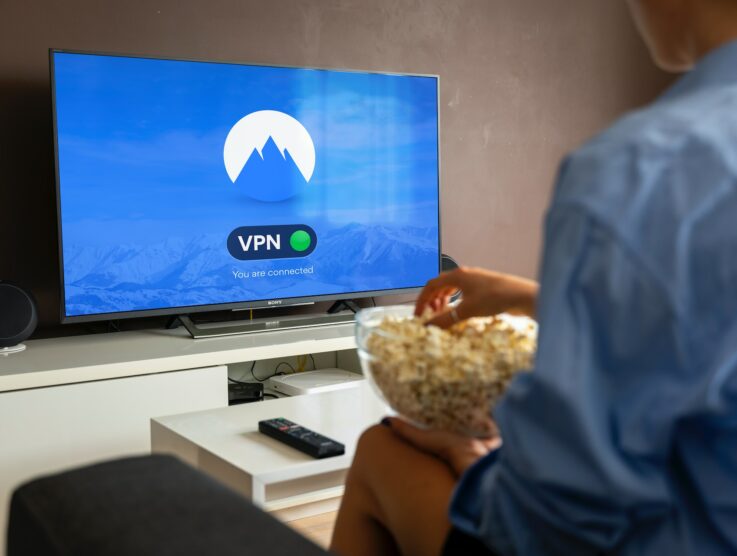
In a digital era where data is the new gold, concerns surrounding online privacy and security are more significant than ever before. Against this backdrop, Virtual Private Networks (VPNs) have emerged as a powerful tool, redefining the way we approach our digital privacy and security.
Ensuring Data Privacy
VPNs protect your online privacy by encrypting your internet data. This encryption turns your data into an unreadable format, ensuring it remains private as it travels between your device and the internet. Moreover, VPNs hide your actual IP address, replacing it with one from their server. This makes it incredibly difficult for anyone—including your ISP, advertisers, or potential hackers—to track your online activities or determine your physical location.
Enhancing Security on Public Networks
Public Wi-Fi networks—found in cafes, airports, and hotels—are notorious for their lack of security. These networks are often unencrypted, making it easy for cybercriminals to intercept data. A VPN mitigates this risk by creating a secure, encrypted tunnel for your data to travel through, significantly enhancing your security on public networks.
Bypassing Geo-Restrictions and Censorship
One of the more liberating aspects of VPNs is their ability to circumnavigate geographic content restrictions. By masking your IP address, a VPN can make it appear as though you’re accessing the internet from a different location, opening up a world of content that may have been previously inaccessible due to your geographic location. This is also invaluable for individuals living in or traveling to countries with internet censorship, allowing them to access blocked websites and services.
Avoiding Throttling and Surveillance
ISPs sometimes throttle internet speeds when they detect high-bandwidth activities, such as streaming or gaming. Since a VPN encrypts your data, your ISP can’t see what you’re doing online, helping you avoid potential throttling. Similarly, in an era of increased government surveillance, a VPN can protect your activities from prying eyes.
Creating a More Private, Open Internet
By enhancing privacy, bolstering security, and promoting internet freedom, VPNs are redefining our online experience. They’re creating a more private, open internet where users have control over their data and can access information freely, no matter where they are.
However, not all VPNs are created equal. It’s essential to choose a trustworthy VPN provider that offers robust encryption, maintains a strict no-logs policy, and has a transparent business model. While there’s much to consider, the rise of VPNs has made one thing clear—digital privacy and security are not only possible but are a growing priority for internet users worldwide.










